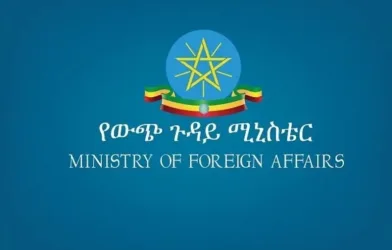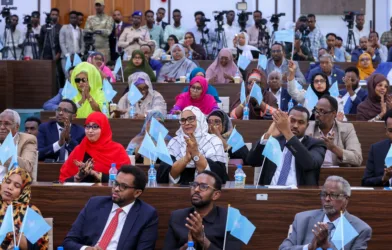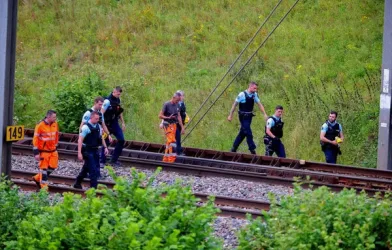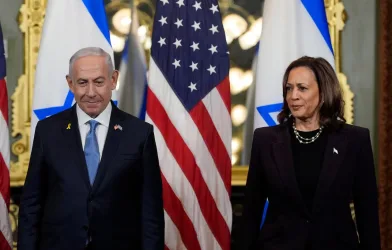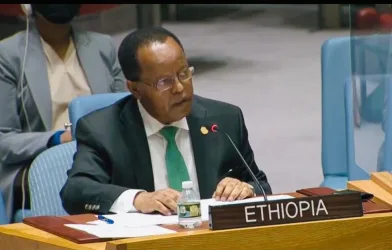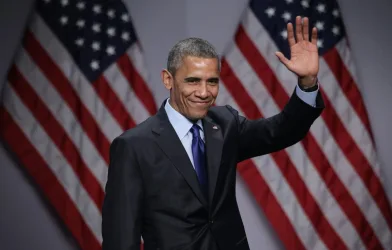 The International Federation of Journalists (IFJ) today firmly condemned the bomb attack against Radio Horseed in Bossasso, Puntland a semi-autonomous region of Somalia.
The International Federation of Journalists (IFJ) today firmly condemned the bomb attack against Radio Horseed in Bossasso, Puntland a semi-autonomous region of Somalia.
“Even in conflict situation, it is unacceptable for fighters to target the media†said Gabriel Baglo, Director of IFJ Africa Office. “This attack still proves the urgency of an international action to put an end to the blind violence prevailing in Somaliaâ€.
According to information received from National Union of Somali Journalists (NUSOJ), an IFJ affiliate, during the evening news (approximately 08:20pm) on Monday, 18 October 2010, an explosive device was thrown in the building of the Radio station when all the journalists and producers were in the newsroom. During this attack, the reception of the station was completely burned but fortunately the staffers remain unhurt.
The attack has been reported to the police who came to the scene but the suspected perpetrators identified as of two men with pistols remain at large. The station had been temporary shutdown.
According to NUSOJ “Puntland authorities must do everything in their power to step up their investigation into the bomb attack, and to ensure that the police provide to Radio Horseed and its workers, and to prevent such incident from happening in the futureâ€.
On 10 August 2010, the Puntland Ministry of Information, Telecommunication and Culture issued a letter to Nuh Muse Birjeb who works for VOA Somali Service and Universal TV, ordering him to suspend his work without giving any reasons.
On 14 August, Abdifatah Jama Mire, Director of Horseed Media was arrested and jailed for “interviewing and broadcasting views of people who are fighting the government†in this semi-autonomous region of Somalia.
The IFJ calls on the Puntland Authorities to protect journalists’ rights and investigate objectively this case in order to identify and punish the perpetrators of the attack.
“Puntland authorities must also endeavour to create a conducive environment for the journalists to work safely†added Baglo.
For more information, contact +221 33 867 95 87
The IFJ represents over 600,000 journalists in 125 countries worldwide
IFJ Condemns Bomb Attack against Private Radio Station in Puntland
Published: October 20, 2010


